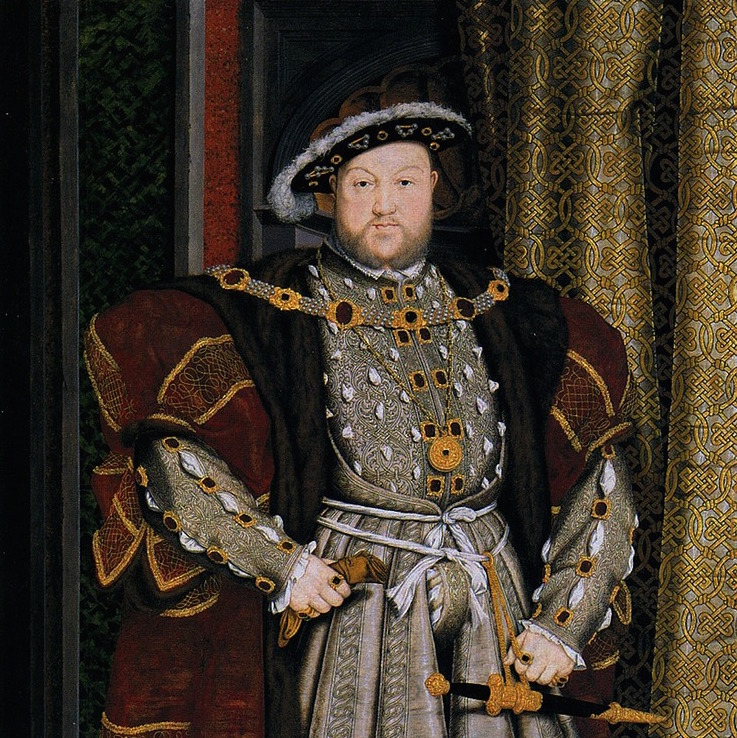 Looking at today’s Church I notice three things: in many parts of the world, the Church is growing faster than priests can be trained; in places like the United States the faithful population is growing faster than vocations to the priesthood; and we’re expecting all priests to study like Dominicans, at least during their seminary formation.
Looking at today’s Church I notice three things: in many parts of the world, the Church is growing faster than priests can be trained; in places like the United States the faithful population is growing faster than vocations to the priesthood; and we’re expecting all priests to study like Dominicans, at least during their seminary formation.
St. Dominic’s notions were shocking to the bishops of the time. He wanted to found an order of preaching brothers, but at that time, 800 years ago, priests normally didn’t preach…or if they did, they preached sermons written by others, notably their own bishops. It was the bishops who had the responsibility for teaching the faith, while the priests were for the administration of the sacraments to the faithful. But preaching was what the Church needed, said St. Dominic, and he won his case.
Study has consequently played an enormous part in the Dominican life, because you can’t (usually) preach well if you don’t know anything. When someone objected that the Apostles preached without benefit of study, Humbert of Romans remarked that they had other advantages; for our part, he said, we can benefit from a little study.
Over time St. Dominic’s ideas caught on; and now to become a priest you undergo seminary training that is the equivalent of a graduate degree in philosophy and theology, and the notion of a priest as simply a minister of the sacraments is obsolete.
And yet, we seem to be growing ever shorter on priests to administer the sacraments.
In my historical reading about the Church I’ve noticed that as Church has gotten bigger it has gotten more complex, organizationally. In the earliest days, so I understand, there was a single church in each city, centered on the bishop; the deacons were the bishop’s hands and feet in administering charity, and the presbyters were his advisors. Over time, as dioceses got bigger the presbyters, or “priests” in English, took on more and more responsibility. And then dioceses got even bigger and required auxiliary bishops. My own archdiocese is enormous, and has an archbishop and a bunch of auxiliary bishops for different regions.
It makes me wonder: perhaps it is time for something similar to happen at the parish level.
Today we expect our priests to be Chief Executives of the parish; the buck stops on their desk. We expect them to visit the sick, and administer the sacraments, and preach the gospels, and run the parish, and be our liaison with the bishop, and all manner of things. Perhaps our priests need “auxiliary priests” to help them out: men ordained from among those in the parish to administer the sacraments, but without an explicit teaching role except as delegated by the pastor.
I would expect such auxiliary priests to be self-supporting, having a day job or living in retirement, as many deacons do; to be disciples of Jesus; to have a practical layman’s education in theology and Christian living; and to serve at the altar and hear confessions as deacons cannot. Auxiliary priests would owe obedience to the bishop through their pastor, who would be responsible for overseeing their work. They would probably have a continuing education requirement, so that their deepest study would come after their ordination rather than before it.
Auxiliary priests would differ from permanent deacons in another way. While deacons may serve in their parish in various ways, they are called to be the bishop’s hands and feet, visiting the poor, sick, and imprisoned. They are not primarily parish ministers. Auxiliary priests, on the other hand, would be ordained for parish service and licensed to their particular parish, and would probably require letters dimissory from their pastor to serve in other parishes.
And then, should the Church decide to experiment with allowing a married priesthood this would be a logical way to introduce it. The average parish cannot support a priest with a large family; but as auxiliary priests would be self-supporting the problem does not arise. Pastors would be expected to be celibate.
I expect the Church to continue to grow, and the need for vocations to the priesthood to increase. I’m confident that by God’s grace we’ll end up with enough priests to get the job done, and that without changing established doctrine as to what it means to be a priest. But the Church has frequently modified practice to meet changing conditions, and it seems to me that new structures and practices might be required to meet the demand.
Note: I’m not actually advocating this notion; it’s just an idea I’ve been kicking around. It might be a good idea; it might be a horrible idea. And in particular I’m not advocating a married priesthood; I’ve no particular feelings one way or another on the issue, which is one of Church practice rather than Church doctrine. But if the notion of auxiliary priests were to catch on, I suspect that the vast majority of candidates in any given parish would be likely to be married.
____
photo credit: Eucharist Window 1 via photopin (license)












